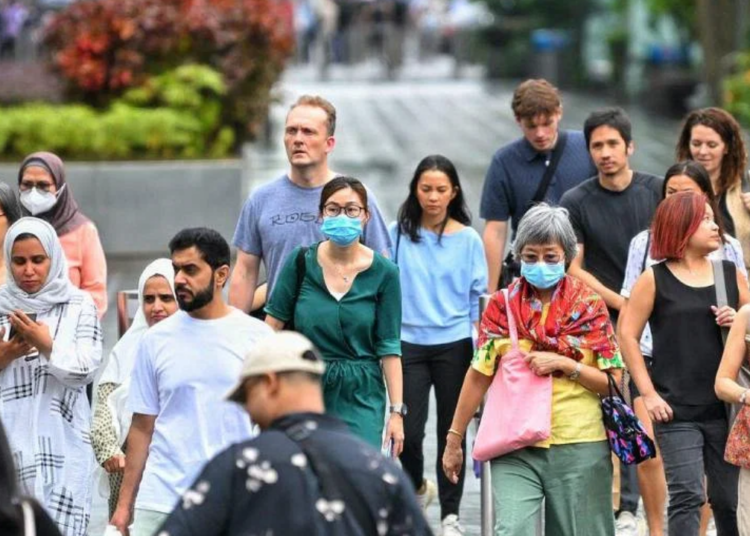The move comes after the release of a White Paper detailing how Singapore can build on its successes during Covid-19 and avoid the errors committed in future pandemics.
Singapore will set up a dedicated centre for public health to consolidate its disease control and pandemic management capabilities, as it draws lessons from its battle with COVID-19 to be better prepared for the next major crisis.
It will also form a dedicated forward planning team to prepare to fight through the fog of future pandemics in the best way possible, Deputy Prime Minister Lawrence Wong told Parliament on Monday.
The centre for public health will enable Singapore to grow its public health capabilities over time, while the forward planning team will help the nation anticipate and monitor risks, develop the next course of action and pivot more effectively as the situation evolves, he said.
This follows the March 8 release of a 92-page White Paper on Singapore’s response to the pandemic, which had looked at how the country can build on its successes and avoid the errors it committed, when it deals with future pandemics.
“Today, we have fully transitioned to living with COVID-19 as an endemic disease. The virus is still among us, and no one can tell how it will continue to evolve,” Mr Wong said at the debate on Singapore’s response to COVID-19.
“But for now, the evolution (of the virus) seems to be plodding, with minor tweaks to its genetic code rather than major changes that require another Greek-letter name. So, it is timely therefore to take stock of our response, so we can start preparing for the next battle, whenever it comes.”
Singapore budgeted around $100 billion to respond to the COVID-19 crisis, and eventually spent $72.3 billion in Financial Year 2020 and FY2021 because it had been prudent and, at the same time, it avoided some of the worst-case scenarios it had prepared for, he added.
The nature of dealing with a crisis is that Singapore will always be faced with incomplete information, and there will never be a “perfect response” in a crisis that is as complex, unpredictable and fast moving as Covid-19, said Mr Wong.
“Every new pathogen we meet will involve a degree of dealing with the unknown, and it would be prohibitively expensive to cater for a wide range of ‘worst cases’,” he pointed out. “We have to judge what is the best way forward, based on what we know, and respond quickly, rather than wait for all the facts to come in, by which time it might be too late to act.”
Mr Wong shared the pandemic management plans as he pointed to three broad lessons gleaned from the Covid-19 pandemic: on fortifying the public health system, enhancing forward planning capabilities and strengthening Singapore’s resilience as a nation.
Health Minister Ong Ye Kung will elaborate on the plans for the dedicated centre for public health, similar to what many other countries have done in setting up centres for disease control, Mr Wong said.
Singapore already has some of these public health capabilities, especially in the area of communicable disease control and management, as that had been beefed up after Sars, or severe acute respiratory syndrome, hit in 2003.





